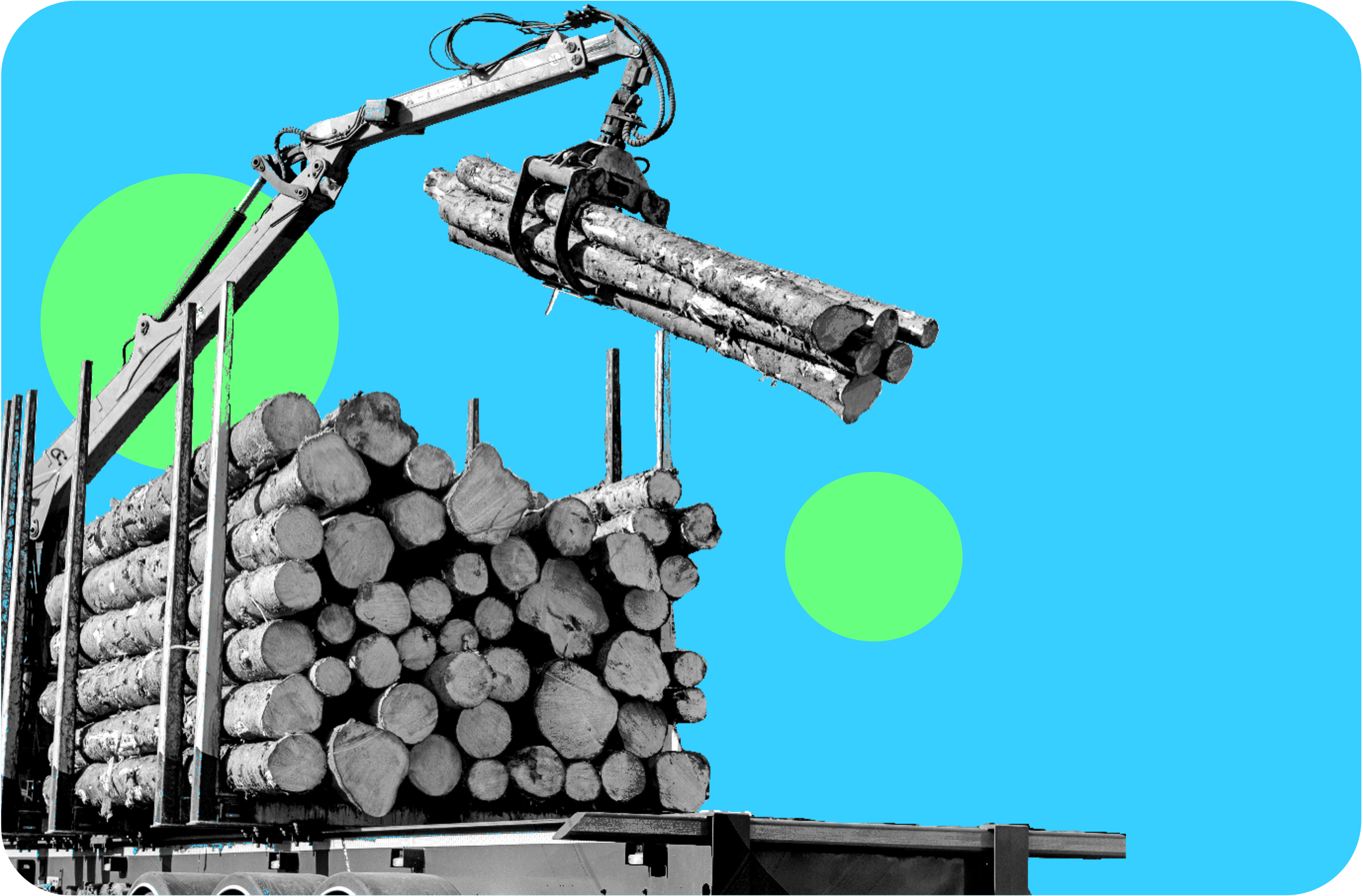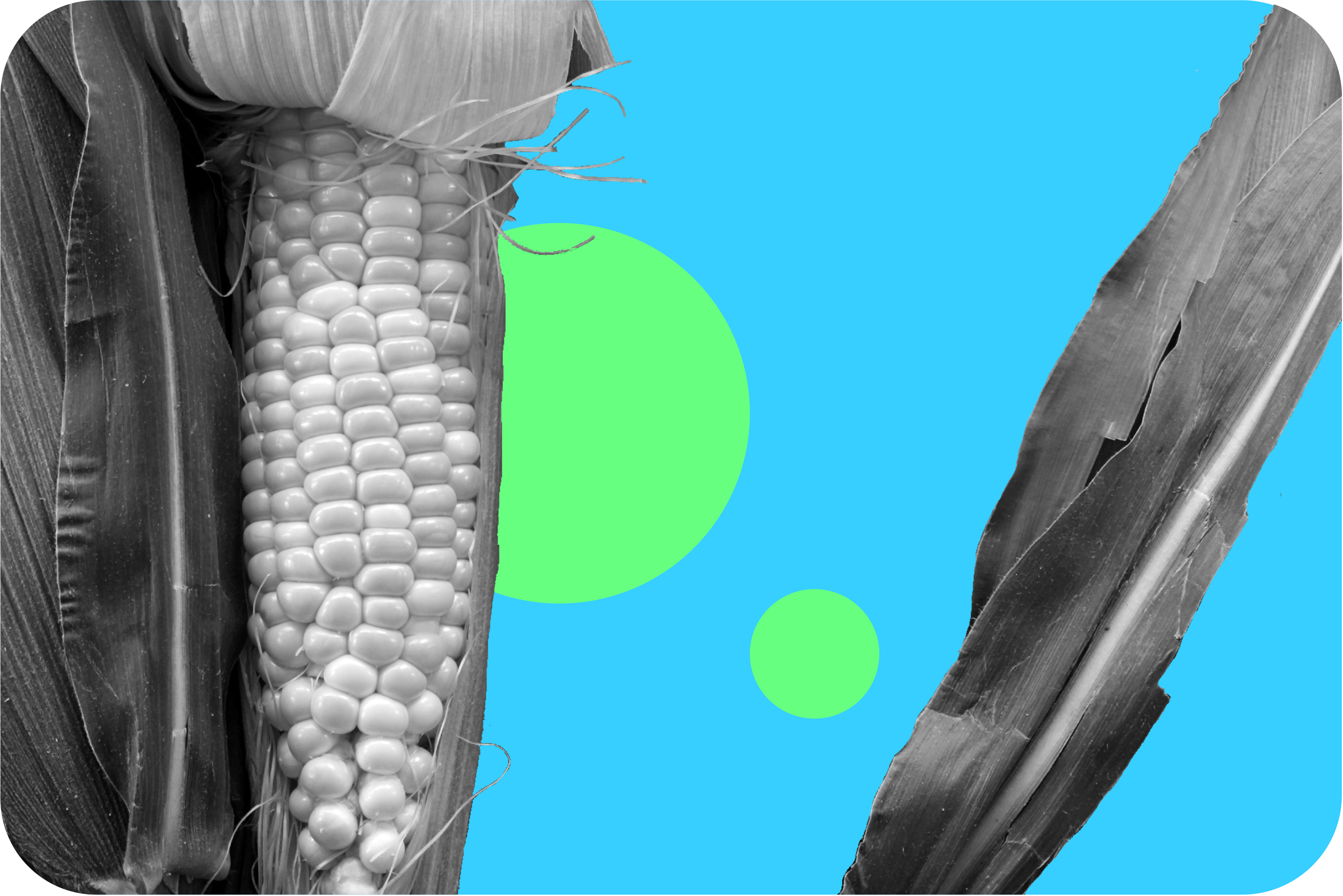Blog
OUR BLOG
-
3 minsLearn more
We’re proud to have CoHonducafe among the users of our EUDR compliance tool, Sustainimaps.
As leaders in sustainable coffee production in Honduras, CoHonducafe has been working with us for over a year. They leverage geospatial insights and environmental data to drive their sustainability goals and maintain compliance with EU Deforestation Regulations.

-

-
2 minsLearn more
Embracing the Basics
Sometimes in the discourse of EUDR compliance, it’s easy for us to lose sight of some of the simpler aspects of our products which we take for granted. Here are some of the features of Sustainimaps which we sometimes forget to shout about:

-
5 minsLearn more
For agricultural supply chains, data reigns supreme.
Yet, amidst the vast landscape of information, accessing the right data and using it for informed decision-making is a problem for commodities importers and stakeholders alike. The abundance of affordable and open-source geospatial data and analytics introduces both opportunity and challenge – the answers are within grasp, provided you have access to data analysts specialising in geospatial analytics and environmental impact, who understand the data they’re looking at.

-
5 minutesLearn more
African Smallholders Lose Access to Market
The EUDR legislation poses a significant challenge for smallholder farmers, particularly in Africa. It’s not deforestation on their farms that’s causing the problem, but rather the lack of infrastructure, connectivity, and preparedness. Even though the legislation hasn’t been fully enacted, evidence suggests that purchases of African coffee from smallholder farmers are already on the decline as African coffee exporters are witnessing the repercussions as contracts for coffee sales are being awarded to better-resourced countries like Brazil. This is especially concerning for countries like Ethiopia and Uganda, where the majority of coffee farming is done by smallholders. Ethiopia, in particular, heavily relies on the European Union (EU) market for its coffee exports, with approximately 5 million families dependent on this trade. Reuters has pointed out that any disruption in market access will have significant social consequences for the country.

-
3 minutesLearn more
The UK has announced significant steps to combat deforestation by including palm oil, cocoa, beef, leather, and soy in new trade legislation. The announcement was made at COP28 as part of Nature Day. The laws are aimed at ensuring that products sold in the UK are not linked to illegal deforestation. This move seeks to protect natural resources and habitats, while assuring British consumers that their purchases don’t contribute to deforestation.

-
2 minutesLearn more
On 29th June this year when the European Union’s EU Deforestation Regulation came into force, the clock officially began counting down to the first auditable imports for compliance to the regulation.

-

-
3 minutesLearn more
Parliament Adopts New Law with Promising Implications for Businesses
In a groundbreaking move to tackle global deforestation, the European Parliament has this year a new law aimed at addressing this urgent environmental concern. The legislation, which underscores the European Union’s commitment to sustainability, not only emphasises the need for stricter regulations but also holds significant implications for businesses operating within the import and trade sectors. Here, we explore the key aspects of the new EU Deforestation Regulations and examine how Trade in Space, specifically through the use of innovative tools such as Sustainimaps and Digitrak, can assist importers and traders in meeting their sustainability requirements effectively.

-
5 minutes readLearn more
Geospatial Analysis for Assessing Crop Health Risks Due to Climate Change
Sustainable living for everyone on Earth demands an in-depth knowledge of threats that threaten the food chain. Climate change poses particular risks to crops, making them susceptible to pests, diseases and temperature-related challenges. Recognising this urgency, Trade in Space’s analyst team led an innovative project sponsored by Scottish Enterprise in order to assess crop health using advanced data layers and assess risk.




SUBSCRIBE
Don't want to miss a thing? Subscribe to the Trade in Space mailing list to be the first to hear how we’re using satellite intelligence and blockchain technology to make supply chains sustainable, transparent, and traceable.




